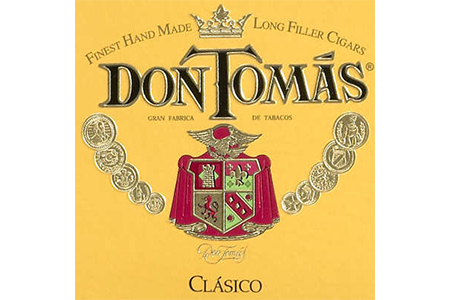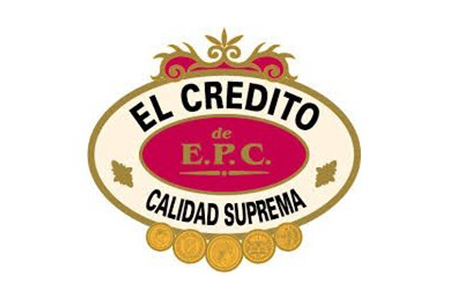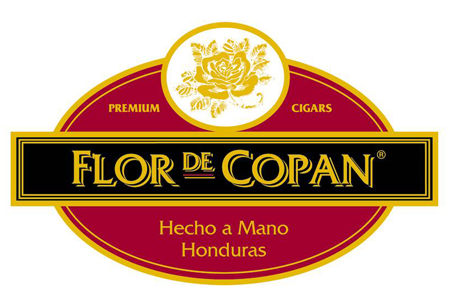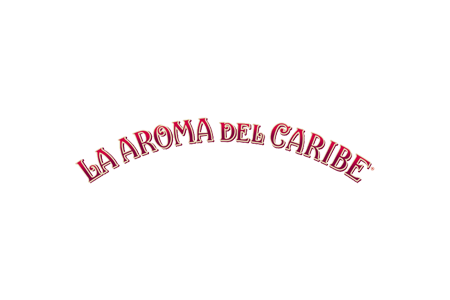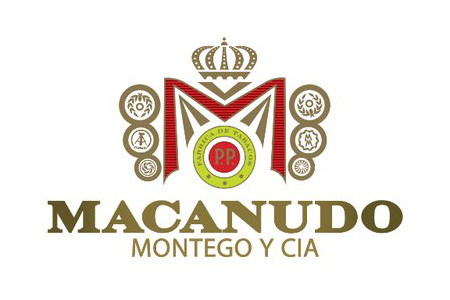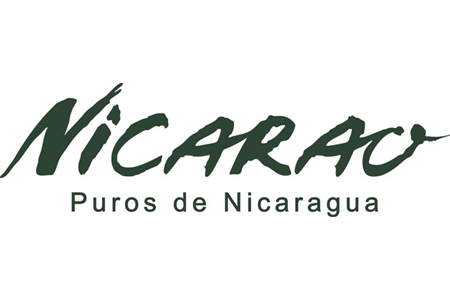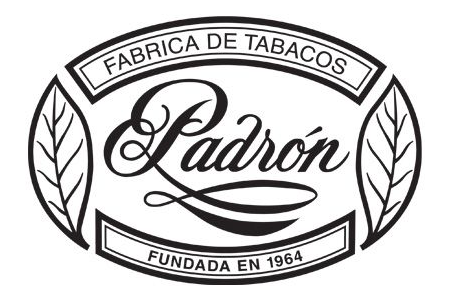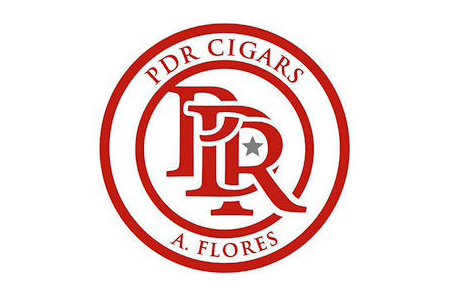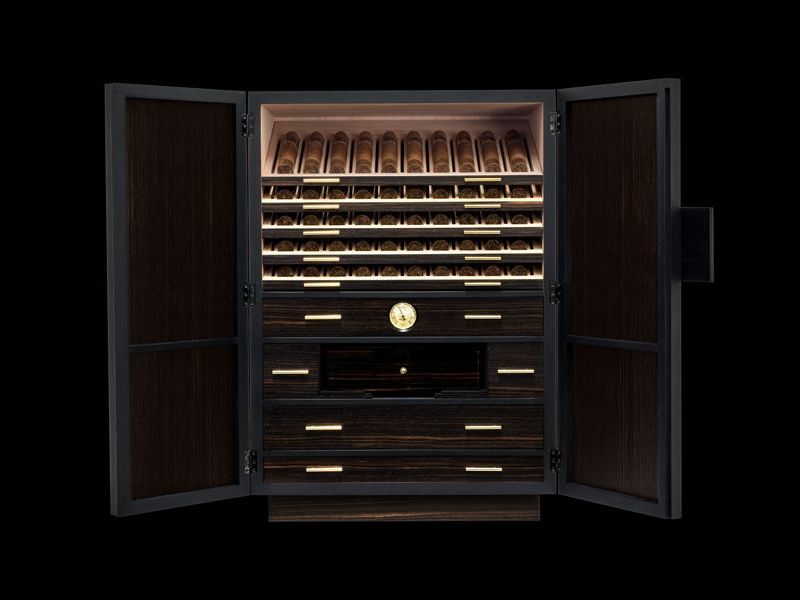The pleasure of smoking a cigar in excellent condition is unmatched. By avoiding poor storage, the pleasure of tasting is perfectly preserved and there is no risk for the smoker to suffer the negative consequences.
However, mistakes, oversights and accidents threaten those who do not take adequate precautions. At best, this leads to alteration of taste and aroma. Indeed, poor storage can even make it impossible to light or cut a cigar and irreparably alter its organoleptic characteristics.
If you do not act in time, do not use hygrometers or do not take the necessary good precautions, your cigars may deteriorate …
Storage in a humid environment
In humid environments, cigars will absorb more water, causing swelling. The main risks will be related to the formation of mold and fungus, not to mention the possibility of swelling which will damage the head of the cigar. Once lit, the smoke will hardly be transmitted inside the cigar and the latter will not burn evenly.
The taste during cigar tasting will be heavy, acidic, tannic and the smoke generated will be more dense. Therefore, it will be more difficult to distinguish and appreciate the whole olfactory bouquet.
Different types of non-homogeneous cigar combustion
Tunneling: this term refers to the phenomenon manifested by the digging of a tunnel in the center of the cigar. This is because the latter burns only from the inside and the outer shell (the cape sheet) remains intact. This results in a reduced volume of smoke during tasting.
Only one side of the cigar burns. This results in a shorter tasting time and unpleasant changes in taste.
The combustion takes place on the sides of the cigar until it reaches its foot. The last one comes undone by opening the cape sheet.
How to know if a cigar is too wet
Pass the cigar between your fingers if it feels too spongy to the touch, then you will be dealing with a cigar that is too wet. You will have a confirmation by checking the density of the smoke produced during the tasting.
Storing cigars in dry environments
In an environment that is too dry, cigars will lose the oils and resins from the tobacco leaves and take away a good part of their aromas. As it dries, the cigars will be more fragile and the fragrances will become less complex, compromising the taste during tasting.
However, it is still possible to recover cigars that are too dry. On the other hand, recovering the aromas will be more difficult because of the loss of essential oils in the cigar.
Cigar combustion
Dry cigars will burn too quickly, overheating and tasting bitter and pungent. Thus, storage under high temperature conditions facilitates the deterioration process.
How to know if a cigar is too dry
Put light pressure on it between your thumb and forefinger. If you hear a crackle, it is certain that the cigar has been kept under improper humidification conditions. On the contrary, a solid and firm contact will reveal the excellent condition in which your cigar is.










